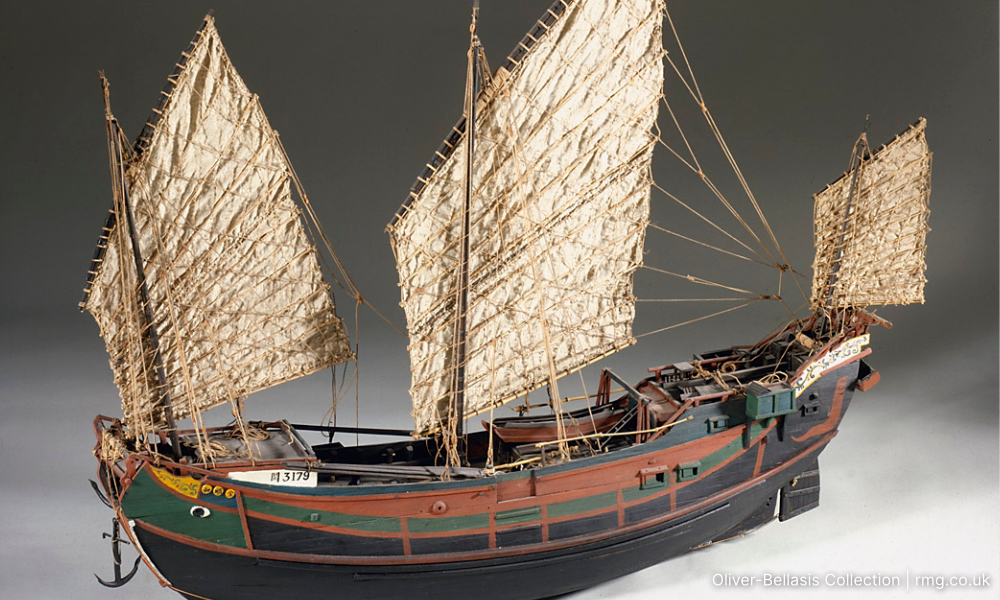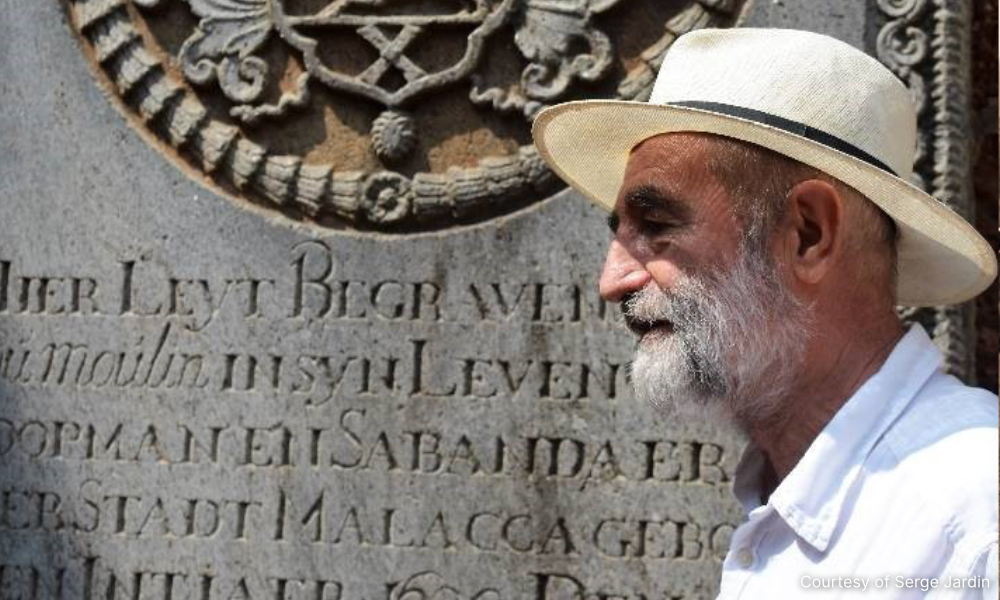A historian has urged Universiti Putra Malaysia (UPM) to investigate a paper on Malay maritime history written by two of its academics, who have been accused of misrepresenting facts.
This comes after Museum Bahari in Jakarta officially denied that the photo of a Malay jong used in Rozita Che Rodi and Hashim Musa’s research article was part of its catalogue.
Historian Ranjit Singh Malhi said the academics' integrity is at stake following the museum’s denial.
This was especially after one of the researchers claimed that she had seen the model at the museum.
"Rozita, in a Facebook post, claims she had 'visited the museum personally and saw the model exhibited'.
"On the contrary, Museum Bahari’s authorities have now confirmed that the junk in question is not part of its catalogue and that it resembles a Chinese junk.
"Hence, Rozita's academic integrity, which is the soul of academia, has been seriously questioned,” he said.
"Accordingly, UPM authorities have no choice but to immediately launch an investigation to ascertain the truth which is most necessary to uphold its reputation," he stressed.
Ranjit was referring to Rozita’s online comment on Jan 21, when she defended the photo of a vessel in a research paper she and Hashim wrote titled “The Jongs and The Galleys: Traditional Ships of The Past Malay Maritime Civilization”.

The article was published in the “International Journal of Academic Research in Business and Social Sciences, Vol.13, Issue 11, 2023”.
"Jung on page 11 is the model found in Museum Bahari Sunda Kelapa Jakarta. The author visited the museum personally and saw the model exhibited.
“Maybe it is found also in other museums," Rozita had posted in the comment section of French historian Serge Jardin's Facebook post.

Jardin had claimed that the photo published in the article was not a Malay jong but instead a Foochow pole junk.
UPM later issued a statement defending Rozita and Hashim, saying that the article published had been peer-reviewed.
'Blacklist predatory journals'
Ranjit also called for the Higher Education Ministry to identify and blacklist predatory journals.
The historian claimed many academics have been publishing their articles in predatory or fake journals.
"Sadly, a large number of Malaysian academics (particularly young and inexperienced scholars) are guilty of publishing their articles, which often lack depth and do not contribute to new knowledge, in predatory or fake journals.
"Perhaps, the Higher Education Ministry should take the initiative to identify and blacklist the predatory journals, and strictly prohibit local academics from publishing their works in such journals." - Mkini

No comments:
Post a Comment
Note: Only a member of this blog may post a comment.